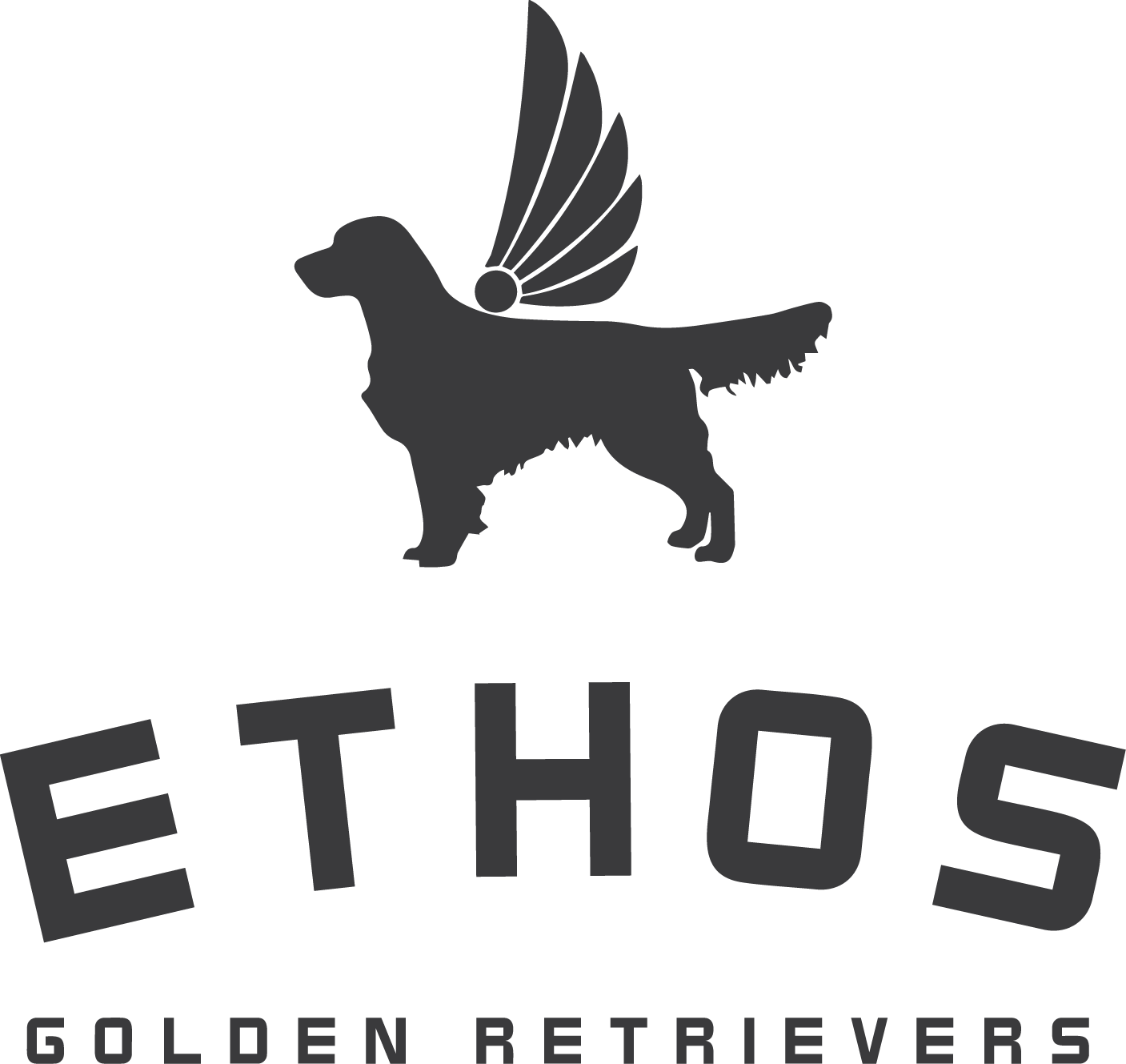by Royal Canin
Puppies begin to learn to live with others. Behaviors learned in this phase will have a huge impact on a puppy's life. This stage sees small and medium breed puppies approaching physical maturity, while large and giant breeds can take 18 months to 2 years to reach their adult size.
An adult dog and a puppy have very different nutritional needs. Find out exactly what your puppy needs from their diet at each stage in their development.
During the first stages of their life, a dog's nutritional needs are very different to their requirements as a healthy, adult dog. The right food should give your puppy everything they need to develop effectively at key points in their growth, without you having to give them any supplements.
Nutrition for one-month-old puppies
At this age, a puppy needs plenty of support for their natural defenses. Between 4 and 12 weeks old, puppies enter an "immunity gap" phase where the protection they've received from their mother's milk begins to wane, but their own ability to develop a strong immune system isn't fully developed. The nutrition you give them during this time can provide natural boosters, like vitamin E and vitamin B. Other nutrients, like mannan oligosaccharides, help support the development of beneficial "good bacteria" in their often-delicate digestive system.
Puppies at two months old and their nutrition
At two months, the focus should be on aiding the development of your puppy's skeletal structure. For this they need calcium and phosphorus in carefully regulated amounts; these help their skeleton grow effectively, which is essential for their overall health and particularly important in larger dogs, whose bones carry a lot of muscle and body tissue.
Nutrition at four months old
Your puppy's skeleton is still developing at this stage, so they still need the right nutritional balance of calcium and phosphorus in their diet. Puppies absorb calcium passively—their bodies can't regulate how much they take in—and so when they're under six months old, they can't protect themselves against excessive intake. Overabsorption of calcium can result in several skeletal deformities, so stick to the recommended guidelines: 0.5 g of calcium for every kilo in body weight each day.
Puppies and their nutrition at seven months old
By this time your puppy will be starting to build their body mass, so their nutritional requirement now is for protein. However, it needs to be the right sort; a high-quality and easily digestible protein to make it easy for their bodies to absorb and "re-use" the amino acids, building healthy body tissue and antibodies. The protein to calorie ratio should be higher in a puppy's diet than in an adult dog because they're growing rapidly. Without protein, they can suffer reduced natural defenses, poor skin and fur, and remain under-developed. Keep an eye on their portion sizes to make sure they don't become overweight during this crucial phase.
Nutrition for 10-month-old puppies
X-small and small breed dogs will be nearing their adult stage by 10 months old, whereas larger dogs still have a while to go. All dogs at this point need nutritional support for their joints, particularly large and giant dogs, as their muscles will be filling out and exerting pressure on their skeleton. Glucosamine and chondroitin are two important nutrients; these help to nourish the cartilage and the fluid which helps with normal joint function. Without these, growing puppies can end up suffering from joint problems later in life.
Adult dogs and nutrition
As an adult, your dog will need a carefully balanced diet to avoid gaining weight. It's estimated over a quarter of all adult dogs are obese, and this can place undue pressure on bones, joints and organs, reducing your dog's quality of life. If you've given your puppy the right, nutritionally balanced food through those critical early months, while following recommended feeding amounts, by the time it reaches adulthood it should be a healthy and happy dog.
If you are unsure of how best to feed your puppy to ensure they are given the best nutrition for their age and lifestyle, speak to your vet who will be able to offer recommendations.
https://www.royalcanin.com/us/dogs/puppy/puppy-nutrition-explained

